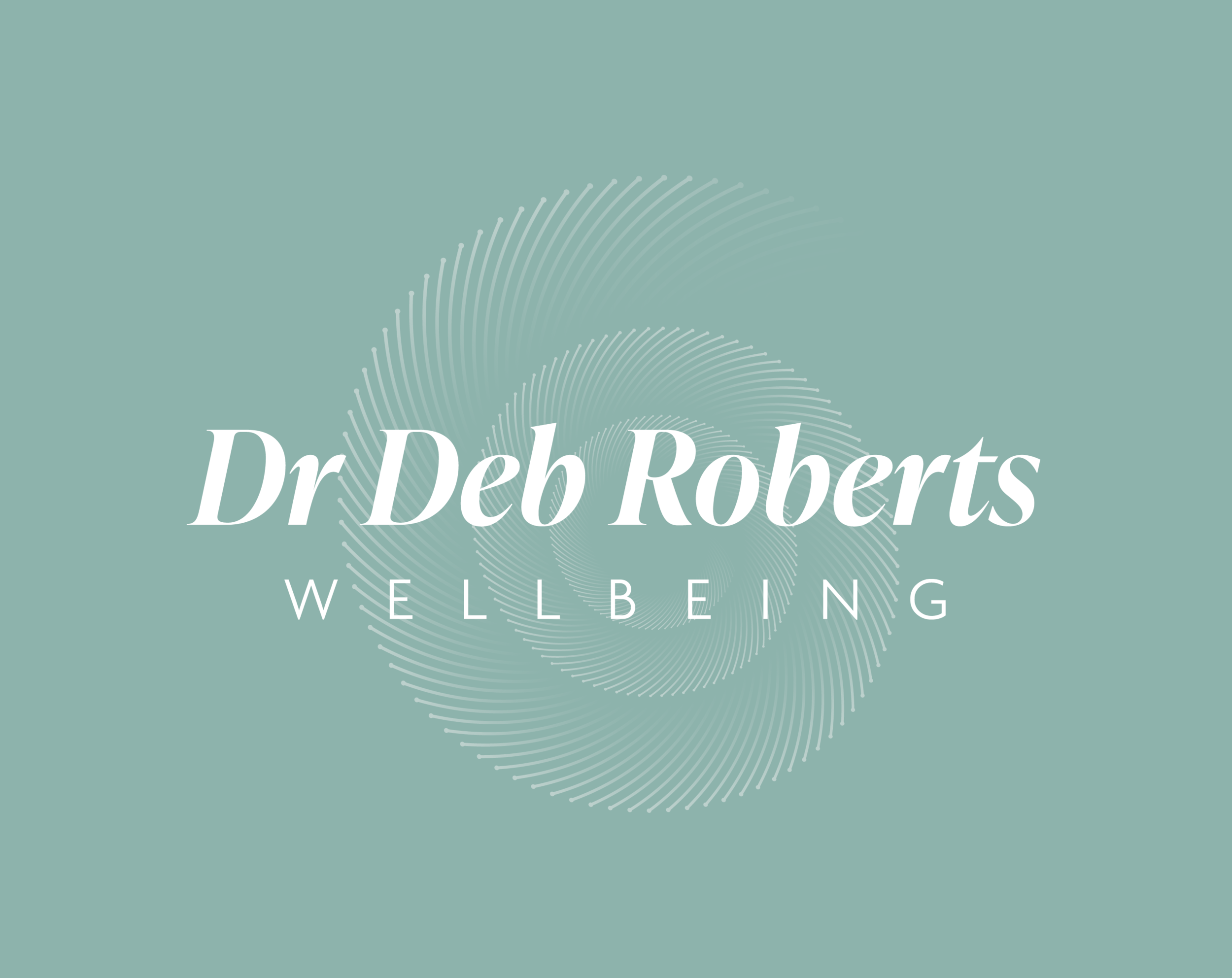Living with discomfort – and (re)engaging in the new normal
Living with discomfort – and (re)engaging in the new normal
As a wellbeing advocate, in my capacity as a Beyond Blue Ambassador and in acknowledgement of mental health week in Australia this blog aims to provide a deeper understanding of what it is like to live with mental health challenges.
Mental discomfort feels awful to me.
I’ve always been a fairly intense person with a tendency to over work, overexert and all the while thinking that ‘I’m not doing enough!’ This causes me times of great anxiety.
At its pointy end, this anxiety makes me feel scared - like I am perpetually waiting for the scariest dragon you can imagine to rip me to shreds. My heart fells like it’s on a hamster wheel that can never stop and is always racing. My mind races like watching a movie on quadruple time.
When I feel down and at my lowest, I feel a heaviness on my chest like someone’s large hand is grabbing my heart and squeezing it so hard it may eventually stop beating. There is a feeling of nothingness, a vacuousness. The pit in my stomach feels like a well that is deeper than you can imagine.
These I’ve learned are some symptoms of clinical depression and anxiety.
At its cruellest, everything feels pointless and not worth living.
Because I’ve experienced clinical depression and anxiety for most of my life, I am attuned to the patterns and triggers and have developed support networks and ways to cope. That doesn’t mean I’m any more comfortable with it when it rears its head.
Whether you identify with any of the symptoms of anxiety that I experience or not, this year NO ONE has been spared from feeling rattled in some way. The pandemic and it’s effects have brought with it much mental discomfort.
In Melbourne Australia where I reside, we are soon to be coming out of our 6th lockdown!
In our first lockdown, my father-in-law passed away. This sad event was underscored by strict pandemic restrictions. At the funeral home, 10 chairs were arranged separately to abide with the social distancing laws and the maximum number of people allowed to mourn. The restricted numbers meant that not even his own siblings were able to attend.
The sadness and anxiety bought on by these restrictions added to the normal low mood and feelings of grief of how we were going to go on without him present in our lives.
The mental discomfort amongst the family was palpable.
As I reflect on the five lockdowns that came after the first, I relaise that our family has missed out on planned holidays, face to face learning, birthday celebrations and work and school honours (I have children in the 12th, 8th and 6th year of school), friends catching up in our home, work opportunities and the list goes on.
Others whom I am close to have lost their businesses, have parent(s) or family overseas who are seriously ill and they can’t visit. Others have parents who have fallen ill and died and they too are not able to be with their loved ones at these critical times of bereavement.
The mental discomfort is present.
When we are feeling depressed or anxious, it doesn’t ever feel comfortable. We want it to go away and very often we do just about anything to minimise its impact on our day-to-day routine.
Since the COVID-19 pandemic, even the most seemingly armoured individuals have experienced unprecedented challenges which has ultimately affected their mental health.
Here is a list of some of the ways that mental discomfort can affect daily life:
· Sleep disruption (not able to get to sleep or stay asleep)
· Exercise regime changes (become a sloth or overexercise)
· Appetite changes (eating more junk and processed food or not eating very much or at all)
· Consumption of (more) drugs and alcohol
· Somatic (bodily) changes (significant tension in parts of body)
· Loss of motivation for studying or work or
· Overworking or become a workaholic
· Not reaching out to friends or community (retreating)
Often at some point the frustration of feeling “unhappy” brings with it a short fuse, frustrated outbursts, negative mindset and inner narratives that give voice to the punitive and harsh critic.
For others a paralysis of mind occurs bought on from worry about getting things done and having difficulty prioritising and actioning tasks due to the mental and physical exhaustion their anxiety brings.
These mental states are always uncomfortable.
The way through discomfort is unique for all of us. We must all ‘find our own path’ and recognise when we need to learn new support techniques or when to reach out or seek professional support.
For me, a mindful yoga based practice has helped. As a yoga student for more than 25 years and yoga teacher for 12, I am committed to a practice of self-compassion (rarely easy).
I also do a daily breath based meditation and movement based practice that works to give me stability and helps me to attend my day with some level of small joy and contentment.
As we enter (or we are entering) into a pandemic ‘new normal’ we must come to terms with acknowledging discomfort, living with it and finding our way through it with helpful self-care techniques. To get to the other side. Again and again.
So I wish you all well traversing the demands on your mental health this pandemic has bought to our daily lives. I hope the resources on my site give you the tips and tools to rest and recharge during this tough time. Be kind to yourselves and others.
Go well, Deb

